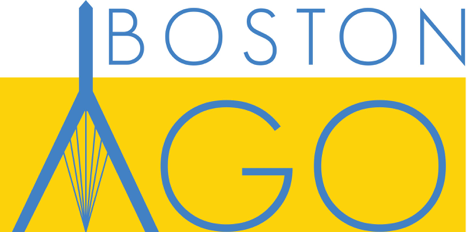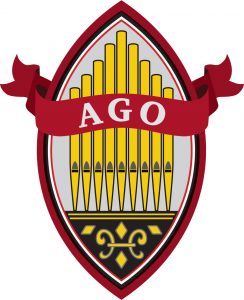Trivia Answer for March 2021
Answer – Both George A. Burdette and Victoria Wagner have served two terms as Dean. George Burdette served as founding Dean from 1905 to 1908. He later returned as Dean from again 1920 to 1922.
Victoria Wagner also served two terms, 1992-1994, and 2010-2012.
In the early days of the Chapter, there were no restrictions on the number of terms that a Dean could serve, nor the length of time of a term.
E. Power Biggs served on the Chapter’s Executive Committee, but never served as Dean.
The job of Dean is an active one. The Operating Procedures now suggest that a Dean serve one 2-year term, but the Nominating Committee and Executive Committee can vote to have a Dean serve multiple terms if the Membership concurs with this recommendation.
Trivia Answer for February 2021
Answer – Food! Whether it is an Annual Meeting, Recital or Concert, or Convention, several mentions are made in the History that attendance always increases when food is present!
Trivia Answer for January 2021
Answer – The 1950 convention was heralded as a great success by “The Diapason”, the AGO Magazine at the time. Several innovations, such as repeating the same concerts at Phillips Academy and Methuen (due to crowd size and venue capacity), were introduced. It is also true that the convention was headed by Dean Ruth Barrett Phelps, first woman Dean of the Chapter; the convention featured music of “the moderns” – Hindemith, Schoenberg, Stravinsky, and Sowerby among other composers; it had the largest attendance to date of any AGO National Convention with 1,141 attendees; it hosted the Contest for Young Organists for the first time.
Was it cool in Boston in July 1950? Relatively…In July 1950 the average high temperature in Boston, MA was 81.5°F, and this was 1.4°F cooler than the average of 83.0°F. Overnight the average temperature in July is 65.3°F and in 1950 the average overnight temperature was 0.2°F cooler at 65.1°F.
Trivia Answer for November 2020
Answer – None of the above. Although Rudolph Elis lamented the lack of appreciation of the public for organ music, it is not clear that he supported unionization. Harold Gleason advocated that church musicians stand up for their rights and increased pay but was against unionization. Edward Grossman made it plain that “the organist’s work is part of worship and that the idea of adopting labor methods, such as picketing and other evils, has no place in this profession.”
Trivia Answer for October 2020
Dean Robinson said: “His [Karg-Elert’s] concert was both a revelation and a disappointment, the latter because of the type of registration different enough from what I imagined for his works, that was in a sense disillusioning. We greatly enjoyed the man himself, simple, unassuming, naïve, enthusiastic, a thorough artist.”
Trivia Answer for September 2020
The first newsletter for the Chapter was published in October 1951 and was called “The Bulletin”. It can be found on page 238 of this document
Trivia Answer for May 2020
The first woman who was Dean of the Boston Chapter was Ruth Barrett Arno/Phelps. She had been active in the Chapter since coming to Boston in 1934 as the successor to Claude Saunier at the First Church of Christ, Scientist (The Mother Church). She became Dean in January 1949.
Edith Lang was a noted Boston theater organist in 1921. In the twenties it was in style for members of the profession to play for the movies. Dean Marshall, in his annual report of 1929, said: “ … theatre music is a professional occupation for organists today and approaches, if it does not exceed in importance, church organ playing.”
Mary Crowley Vivian was Dean of the Chapter 1958-1960. She was a graduate of the Curtis Institute, where she studied with Alexander McCurdy, and of Radcliffe College, where she studies at the Longy School of Music. Her teacher these was E. Power Biggs, and she became known as his protegee.A well-known recitalist in her time, Vivian was a fellow of the American Guild of Organists and performed at several AGO conventions.
Trivia Answer for April 2020:
In renaming the Massachusetts Chapter, all three names were considered:
- The Greater Boston Chapter
- The Hub Chapter
- The Boston Chapter
The name “Boston Chapter was chosen as “it was unlikely that there will ever be a need of ameding it as the new title pretty accurately decribes the area it serves.” – H. Winthrop Martin, A History of the American Guild of Organists in Boston Massachusetts 1905-1954

